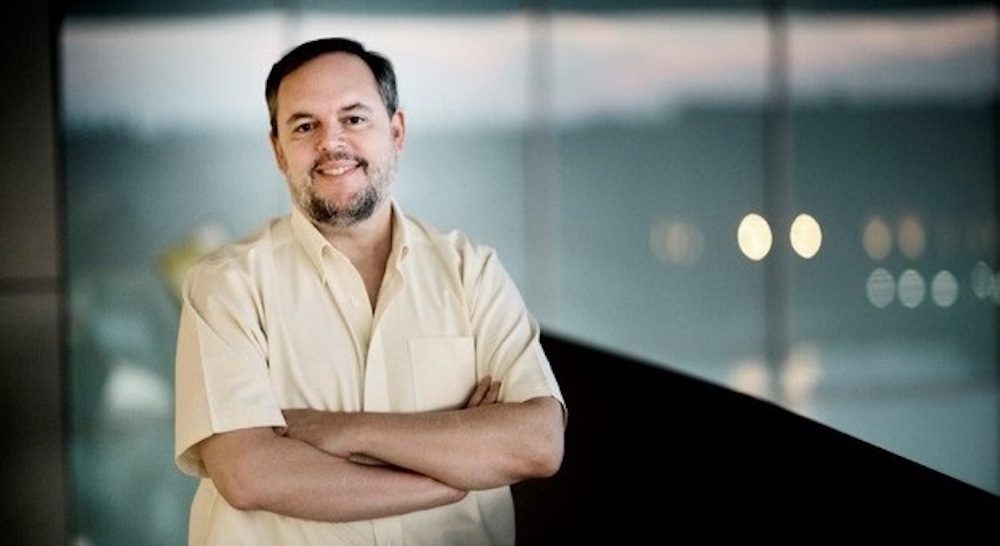Advertisement
Winner Of $3M Breakthrough Prize Calls For Defense Of Science 'When Winds Blow Against' It

Harvard geneticist Stephen J. Elledge, of Brigham and Women's Hospital, is among this year's winners of a $3 million Breakthrough Prize, the biggest-money prize in science. His work includes key insights into how our DNA knows to fix itself when it's broken — a critical process that, when it goes awry, can lead to cancer.
The five-year-old Breakthrough Prizes, often compared to Silicon Valley's Nobels or Oscars, are surely cause for joy. But in his brief acceptance speech on Sunday night, Elledge not only expressed gratitude but called for action. Upon request, he provided the text:
No scientist succeeds alone. I’d like to thank my family for their support, and my many excellent students and colleagues over the years. However, this prize is not just a recognition of my lab but also a celebration of science itself. It's important for our society to promote the culture of science and celebrate its values: the values of reasoning, openness, tolerance and respect for the evidence.
When the winds blow against science, it’s all of our responsibilities to defend science and promote fact-based reasoning and rationality. I ask each of you to rise up to meet that challenge. Thank you.
Asked to specify which particular winds most concerned him, he noted pushback against climate change findings and "an unwillingness to address facts about science. I don't know how far it's going to go, but it's gone pretty far so far, and I'd like to see more pushback. I think people really have to hold each other, and especially politicians, to the facts."
Elledge says he'll give a large part of the $3 million in prize money to charity, particularly to education, but also "to social causes that I think are probably going to need some support in the next few years."
More about his work from Brigham and Women's Hospital:
One of Elledge’s most pivotal discoveries is unraveling the process by which cells sense DNA damage and initiate self-repair, a critical fail-safe mechanism that safeguards both individual cells and the integrity and health of the entire organism.
DNA, which forms the basis of life, fends off constant damage from various sources, including normal metabolic byproducts, environmental toxins, sunlight and normal aging. Such assaults can alter DNA’s chemical structure, leaving behind changes, or mutations, in the cell’s genetic code. If left unrepaired, these alterations can disrupt key biological processes, leading to serious diseases, including cancer.
A cell’s failure to sense the presence of aberrations in its DNA can spark cancerous mutations and malignant cell proliferation.
Elledge’s work revealed that a “watchdog” protein-enzyme pair sniff out damaged DNA and send a message to the cell’s internal repair machinery to fix the problem. If and when the cell fails to mend its broken DNA, it issues a command to self-destroy. This process, known as cell suicide, or apoptosis, is the body’s way of stemming the proliferation of abnormal cells and preventing cancer. Elledge’s discoveries explained how and why this mechanism sometimes fails.
